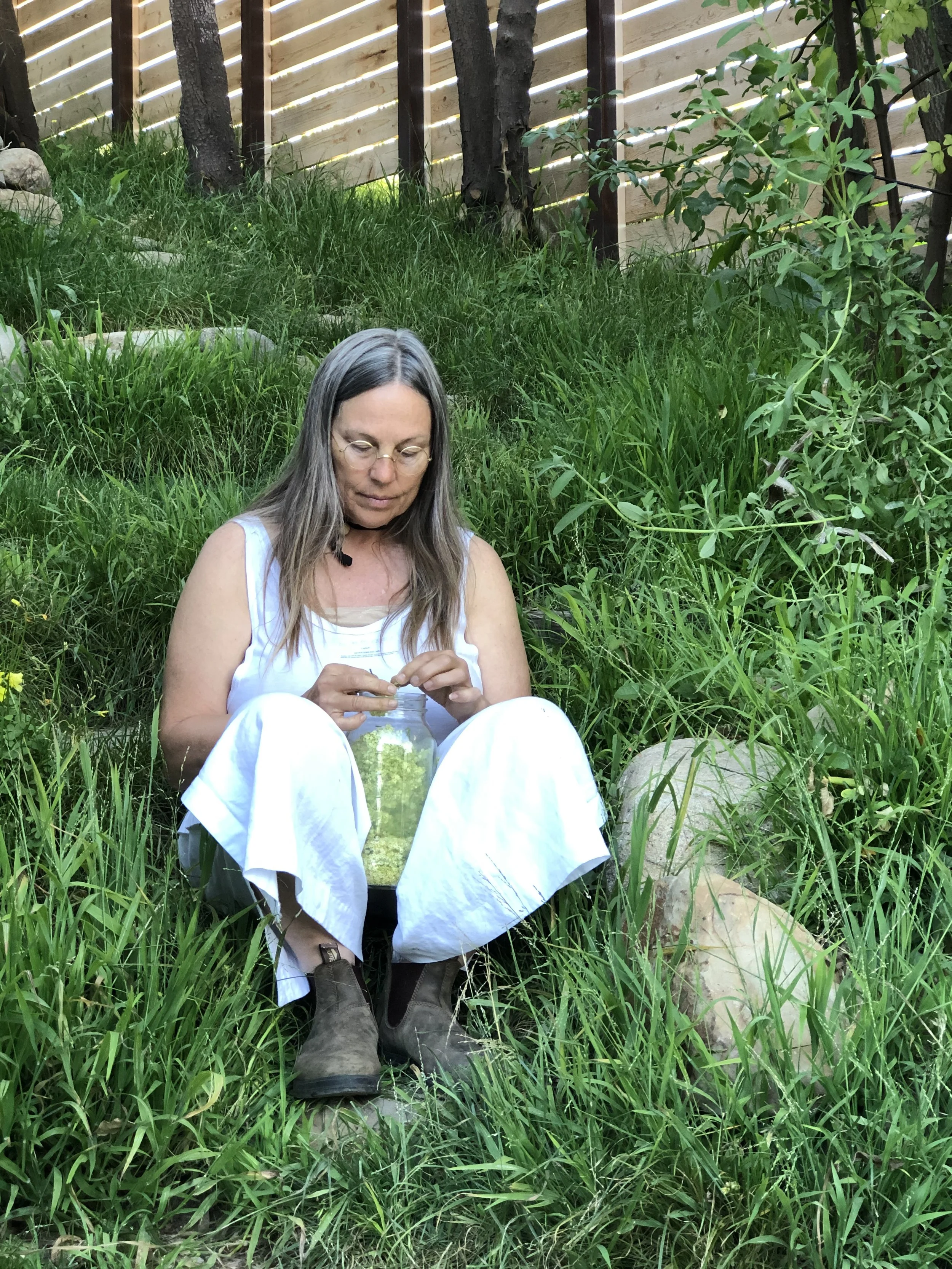The Garden as Teacher: What Seasonal Shifts Can Teach Us About Pace, Patience, and Place.
At Woodshed Gardens, we often say the land is not just where we learn, but how we learn. Each season offers its own curriculum. Spring carries the quickening energy of emergence, reminding us that growth requires both time and warmth. Seeds do not rush to sprout simply because we are ready for them; they respond to the right conditions of soil, water, and light. Summer brings abundance, teaching us how effort and rest can live side by side. It is the season where the generosity of the Earth calls us to respond with care. Fall encourages us to release what has run its course and to return to our roots. Just as cover crops are sown to restore the soil, autumn invites us to restore ourselves through reflection and renewal. Winter draws us into stillness, teaching us that dormancy is not an ending but a preparation for what is to come.
The garden teaches us that everything unfolds in its own time. Plants grow in relationship with soil, water, climate, and care. When we pay attention to these rhythms, our own lives begin to find alignment with the cycles of the Earth.
In a culture that often pulls us toward urgency and constant productivity, the garden offers another teaching. It asks us to slow down, to tend with intention, and to trust in processes that unfold beyond our control. Earth-based learning is not measured by how much we do, but by the depth of our attention and the sincerity of our care.
Listening to the garden changes how we understand our role. When we see the soil as a teacher, we begin to notice signs of imbalance and harmony. We learn when to act and when to wait, when to intervene and when to let life find its own balance. The garden reveals itself not as a checklist of tasks but as a living community that thrives through relationship.
This listening also reshapes how we hear ourselves. The body often mirrors the land. Dry soil can reflect our own depletion. Blossoms can signal a season of personal growth. A bed lying fallow can remind us of the importance of rest. The cycles of the Earth become mirrors that teach us how to inhabit our own seasons with greater wisdom.
Through these lessons, the garden becomes both nourishment and teacher. It offers food and beauty, yet it also cultivates patience, humility, and reciprocity. To follow the pace of the Earth is to recognize that our lives are inseparable from the larger cycles of growth and rest, loss and renewal. Season by season, the garden teaches us that to care for the land is to care for ourselves.

